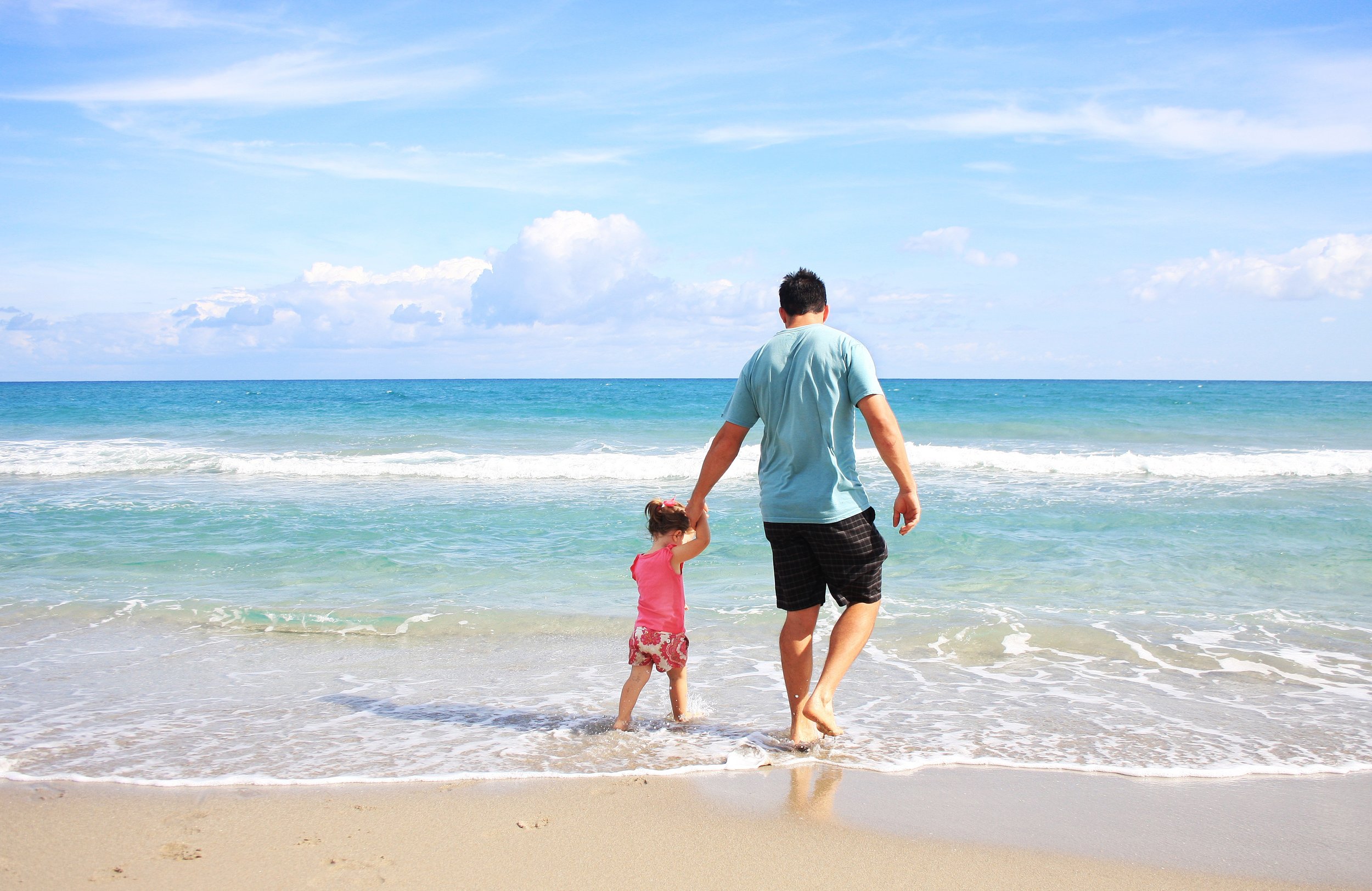Parenting—a journey filled with boundless love, immeasurable joy, and, yes, its fair share of challenges. In the whirlwind of caring for our little ones, it's all too easy to lose sight of our own needs and succumb to the weight of self-criticism and guilt. Yet, amidst the chaos and demands of parenthood, lies a powerful tool for emotional resilience and well-being: self-compassion. In this blog, we'll explore the importance of self-compassion for parents, and how embracing this practice can transform the way we navigate the highs and lows of raising children.
The Myth of Perfect Parenting
Before diving into the depths of self-compassion, it's crucial to dispel the myth of perfect parenting. In today's hyperconnected world, we're bombarded with images of flawless families and seemingly effortless parenting. Yet, the reality is far messier and more complex. Every parent—no matter how put-together they may appear—faces moments of doubt, frustration, and overwhelm. It's okay to stumble and make mistakes along the way; perfection is an illusion that only fuels self-judgment and shame.
The Gift of Self-Compassion
So, what exactly is self-compassion, and how does it relate to parenting? At its core, self-compassion involves treating oneself with kindness, understanding, and acceptance, especially in moments of struggle or failure. It's about extending the same compassion to ourselves that we would offer to a dear friend in need. As parents, self-compassion provides a lifeline—a gentle reminder that we're doing the best we can with the resources and knowledge available to us. It's a permission slip to let go of unrealistic expectations and embrace our imperfections with love and grace.
The Parenting Journey: A Rollercoaster of Emotions
From sleepless nights to toddler tantrums, the parenting journey is rife with challenges that can test even the most resilient souls. In these moments of stress and exhaustion, it's easy to fall into the trap of self-criticism and doubt. We berate ourselves for losing our patience, not having all the answers, and feeling overwhelmed by the weight of responsibility. But what if, instead of chastising ourselves for our perceived shortcomings, we offered ourselves a dose of self-compassion?
Cultivating Self-Compassion in Parenting
Practice Mindful Awareness: The first step in cultivating self-compassion is to become aware of our thoughts and emotions without judgment. Mindfulness allows us to observe our experiences with curiosity and kindness, rather than getting swept away by self-critical thoughts.
Offer Yourself Kindness: When faced with parenting struggles, pause and offer yourself words of kindness and encouragement. Remind yourself that it's okay to feel overwhelmed, that you're not alone in your challenges, and that you're doing the best you can in this moment.
Embrace Imperfection: Parenting is messy and unpredictable, and that's perfectly okay. Embrace the imperfections of parenthood—the missed bedtime routines, the burnt dinners, the occasional meltdowns—and recognize that these moments do not define your worth as a parent.
Seek Support and Connection: Remember that you're not in this alone. Reach out to fellow parents, friends, or support groups who can offer empathy, understanding, and a listening ear. Sharing your struggles and experiences can help alleviate feelings of isolation and foster a sense of connection and belonging.
The Ripple Effect of Self-Compassion
As we cultivate self-compassion in our parenting journey, we not only nurture our well-being but also create a ripple effect that extends to our children. By modeling self-compassion, we teach our children the invaluable lesson of self-love and acceptance. We show them that it's okay to make mistakes, to be imperfect, and to treat themselves with kindness and compassion. In doing so, we lay the foundation for resilient, empathetic, and emotionally healthy individuals who can navigate life's ups and downs with grace and resilience.
Conclusion: Embracing Self-Compassion on the Parenting Path
Parenting is a messy, beautiful, and endlessly rewarding journey—one that is paved with both triumphs and tribulations. During the chaos and uncertainty, self-compassion offers a guiding light—a beacon of love and acceptance that illuminates our path. So, let us embrace self-compassion as a cherished companion on our parenting journey, knowing that in our imperfection lies our humanity, and in our self-compassion lies the key to unlocking boundless love and joy for ourselves and our children.
“Parenting: the ultimate act of love, sacrifice, and growth.”






